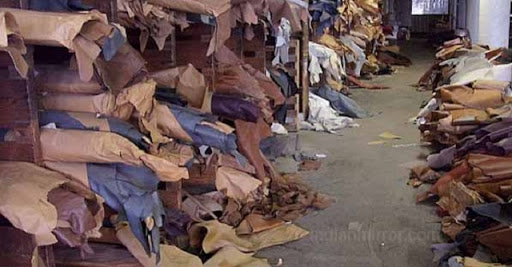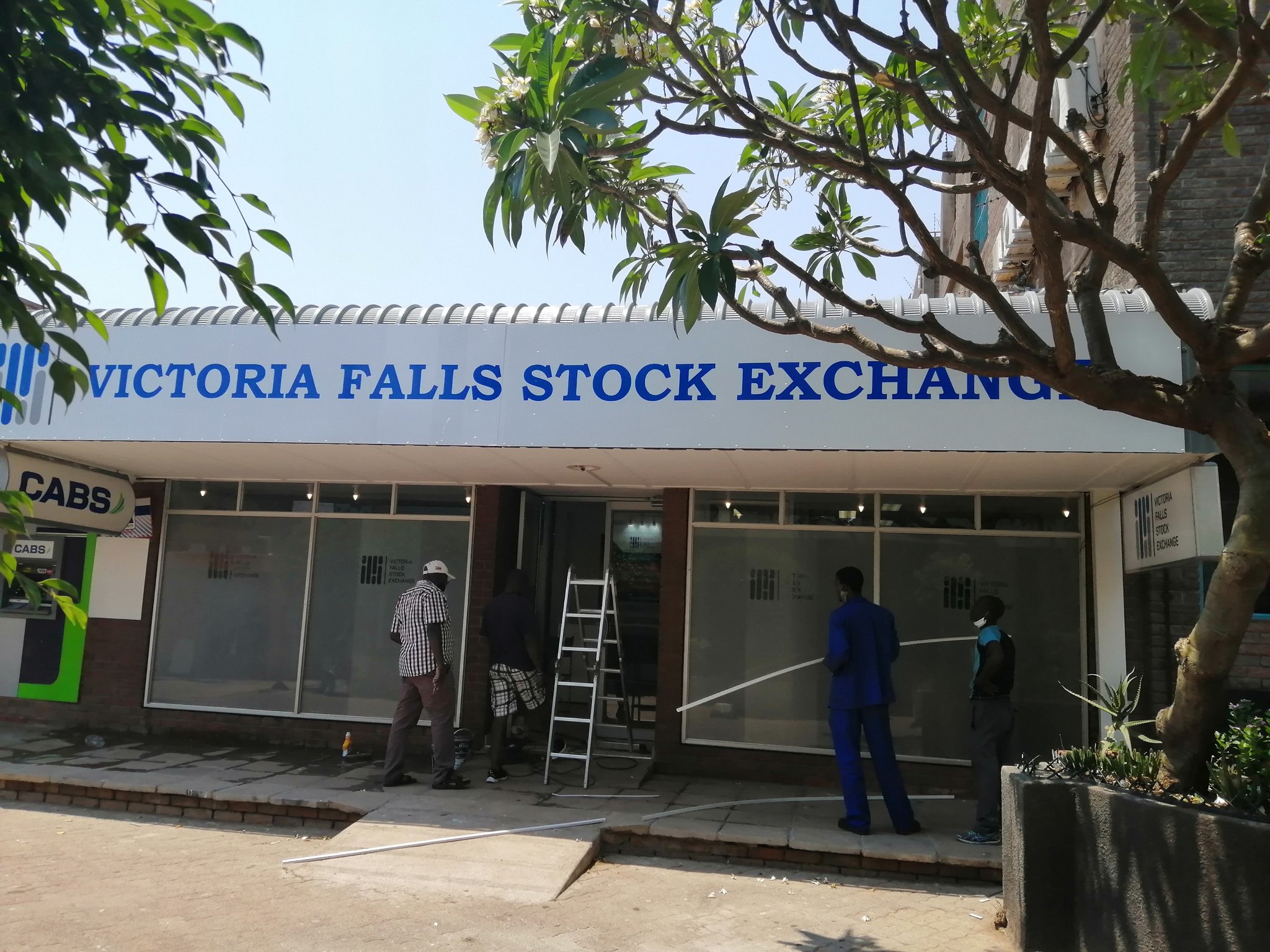Coffee, tea producers to host key international buyers
ZIMBABWEAN coffee and tea producers are poised to gain significant trade insights from the anticipated visit of three international buyers, with new market opportunities and collaborations in the Middle East and Kenya likely to emerge.
Officials from Dubai Multi-Commodities Centre (DMCC), Finlays and Kenya Tea Development Agency Ltd are scheduled to be in the country next week and hold talks and field tours in the eastern highlands and evaluate the capacity to supply from local communities.
Dubai Multi-Commodities Centre would be represented by Mr Saeed Ahmed Juma Alsuwaidi, Mr Makomborero Nyakotyo while Finlays will have Mr James Finlay and Ms Caroline Gechemba Migiro.
Kenya Tea Development Agency Limited will be represented by Mr George Okoyo.
Zimtrade told Business Chronicle yesterday that it will be hosting senior buyers from the three companies to discuss areas of trade opportunities with local firms.
The buyers are expected to tour Eastern Highlands Estate (Honde Valley), Coffee Mills, Tanganda Tea Company (Chipinge), Ariston Holdings (Chipinge) and Creek Fountain (Vumba) between August 7 and 9.
“DMCC is a Government of Dubai Authority commodities exchange free zone that facilitates commodities trade and enterprising of four main commodity sectors, namely, precious minerals (gold and diamonds), steel and metals, energy and agricultural commodities (tea, coffee, cocoa and grains).
“DMCC has expertise in commodities trading and market trends and their visit will help producers in the tea and coffee sector get a better understanding on consumer preferences, demand trends and pricing dynamics in international markets.
“Their visit will assist in opening up new market opportunities for Zimbabwean tea and coffee products in the middle east and other regions where they (DMCC) have a presence,” said the trade promotion body.
Zimtrade said Finlays is a leading manufacturer and supplier of tea, coffee and extract solutions to beverage brand owners, retailers and food services operators.
“The company promotes sustainable practices in sourcing and production and Zimbabwean producers could learn about and implement sustainable farming methods, promoting environmental conservation and ethical sourcing.”
Turning to the Kenya Tea Development Agency, it is a private company owned by about 600 000 smallholder tea farmers spread across 16 tea growing counties in Kenya.
The farmers are shareholders to 54 tea companies that own KTDA and its eight subsidiary companies.
“KTDA export tea to various international markets and has operations at DMCC in Dubai. Through its partnership with DMCC, KTDA has gained access into the Middle East market, which is a significant consumer of tea products. DMCC provides logistical support for the transportation and distribution of Kenyan tea to various countries in the Middle East,” said Zimtrade.
“The visits will also allow the buyers and local producers to explore potential collaboration opportunities and discuss market and order requirements and best options to unlock access to the markets.”
Locally, the late onset of rains for the 2022/23 season played a crucial role in reducing tea output.
Insufficient rainfall affected tea plantations leading to lower yields and the setback had a cascading effect on the subsequent season, as the industry struggled to recover and regain its momentum.
Some tea producers had in 2023 strategically reduced hectares of tea plantations and shifted their focus towards improving quality rather than quantity to mitigate the adverse effects.
This was also expected to help improve selling prices.
The Kenyan tea industry is characterised by a combination of smallholder farmers and large-scale tea producers, with the latter making a substantial impact.
Large-scale tea producers in Kenya, often organised into plantations or estates, manage extensive tea fields that span thousands of acres.
These estates benefit from economies of scale, advanced agricultural practices and modern processing facilities.
In addition to their contribution to Kenya’s export revenues, these large-scale producers provide employment opportunities for thousands of Kenyan workers, supporting livelihoods and fostering economic development in tea-growing regions.
The continued growth and success of Kenya’s large-scale tea producers underscore their significance in the global tea industry.
DMCC was established in 2002 and has since then transformed Dubai into a commodity trading and enterprise gateway to the Middle East.
The centre accounts for 11 percent of all foreign direct investment in the emirate and has been voted the number one free zone in the world for nine consecutive years.-chroncile











